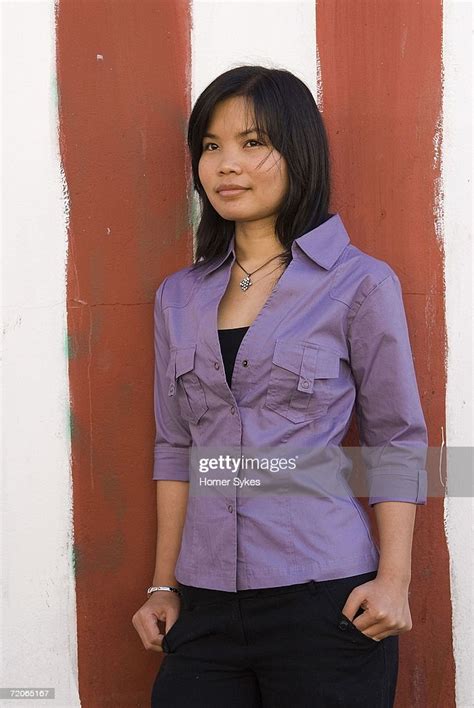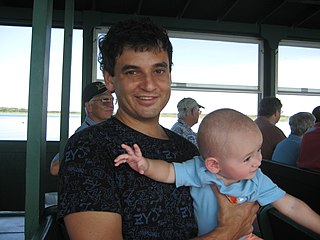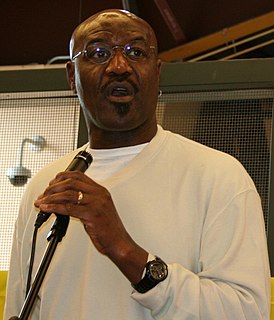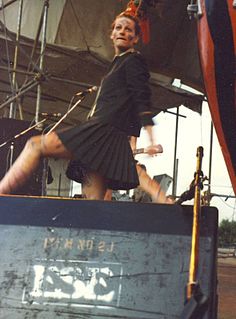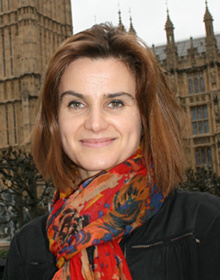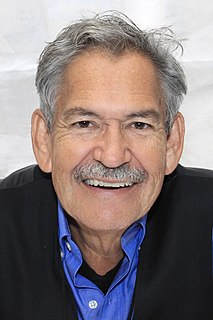A Quote by Eric Garcetti
I lived in Burma for a couple of summers in the '90s, working with the democratic resistance that had fled to the jungles.
Quote Topics
Related Quotes
I still oppose "Visit Myanmar Year," and I would ask tourists to stay away. Burma is not going to run away. They should come back to Burma at a time when it is a democratic society where people are secure - where there is justice, where there is rule of law. They'll have a much better time. And they can travel around Burma with a clear conscience.
For the past 10 years I have had the interesting experience of observing the development of Parkinson's syndrome on myself. As a matter of fact, this condition does not come under my special medical interests or I would have had it solved long ago. … The condition has its compensations: one is not yanked from interesting work to go to the jungles of Burma ... one avoids all kinds of deadly committee meetings, etc.
When I grew up in the early '90s, the new World Wide Web felt like a gimmick, and I had no idea of the changes in store. In the summers, I'd backpack through Europe, follow the Grateful Dead. I had a car and a tent and traveled around the Great Lakes and out West. Jack Kerouac was my guiding light, his 'On the Road' a sacred text.
Pretty much from 1979 through 1988, the backbone of my career was the theater. Working on Broadway a couple of times, working off-Broadway, and also doing a lot of regional theater. Make no mistake, I lived very frugally. I had an apartment that was real cheap. I would get two or three jobs per season, and in between I'd be on unemployment.
I went back to photography in the 1990s. But from the 60s to the 90s I didn't really take any photographs at all, unfortunately. During that period I lived in France, I lived in England, I lived all over the place in different cities. I didn't take any photographs and because I felt I had really accomplished everything that I wanted to in photography during the period between 61 and 67.
Summer was here again. Summer, summer, summer. I loved and hated summers. Summers had a logic all their own and they always brought something out in me. Summer was supposed to be about freedom and youth and no school and possibilities and adventure and exploration. Summer was a book of hope. That's why I loved and hated summers. Because they made me want to believe.
The techno-industrial system is exceptionally tough due to its so-called "democratic" structure and its resulting flexibility. Because dictatorial systems tend to be rigid, social tensions and resistance can be built up in them to the point where they damage and weaken the system and may lead to revolution. But in a "democratic" system, when social tension and resistance build up dangerously the system backs off enough, it compromises enough, to bring the tensions down to a safe level.

